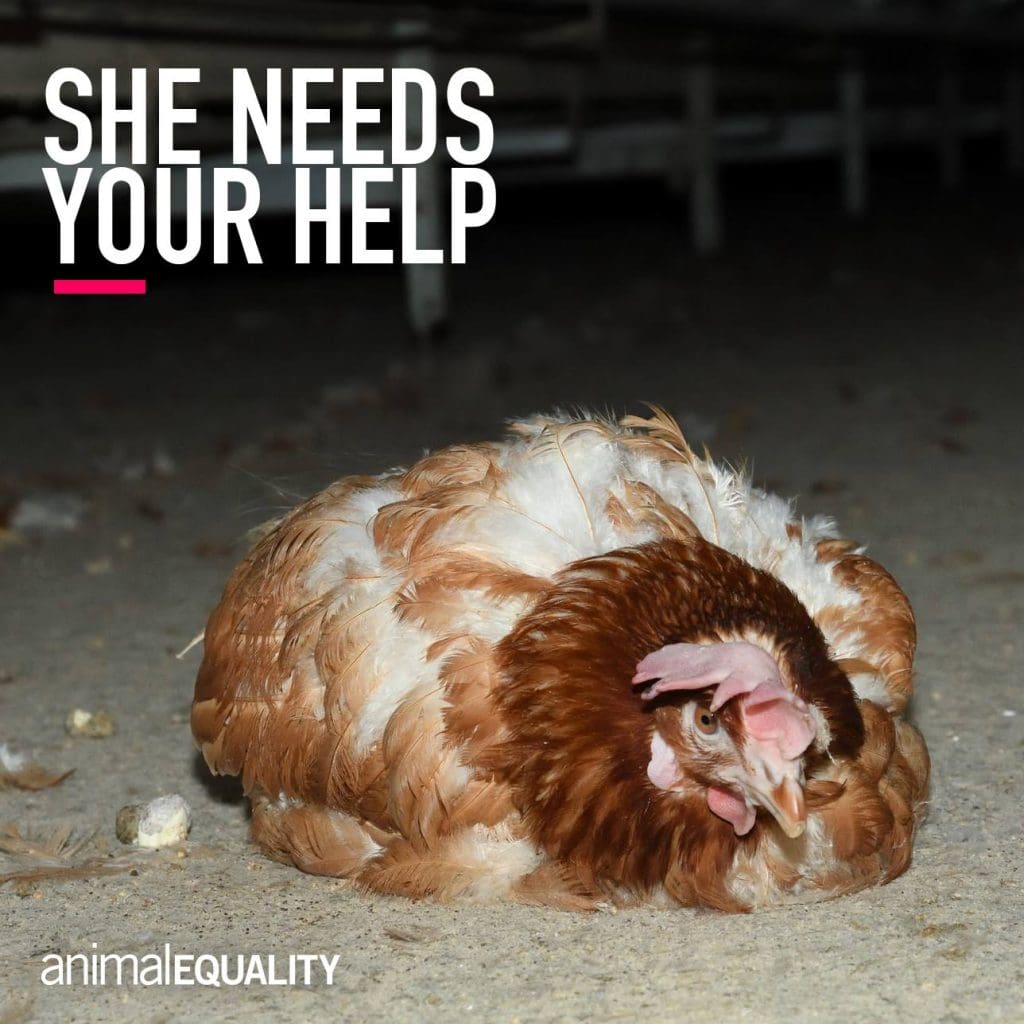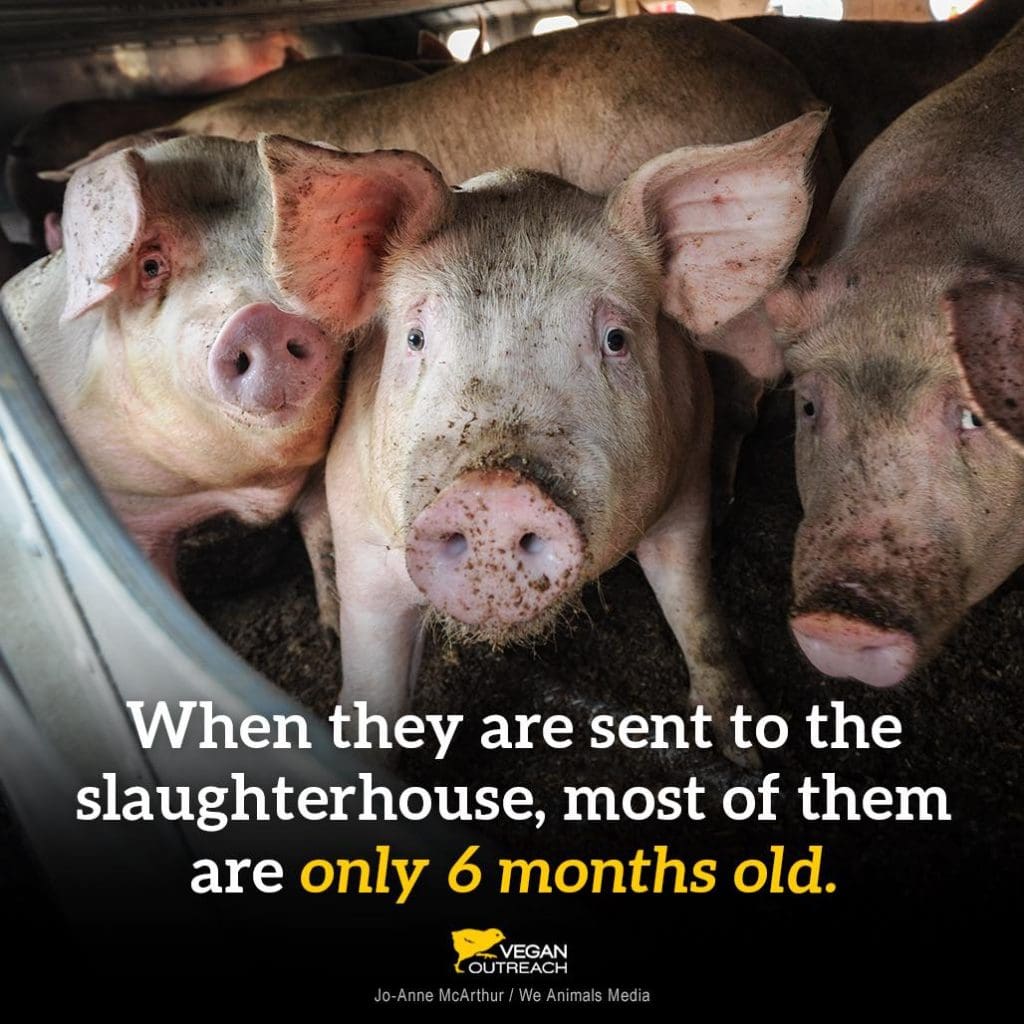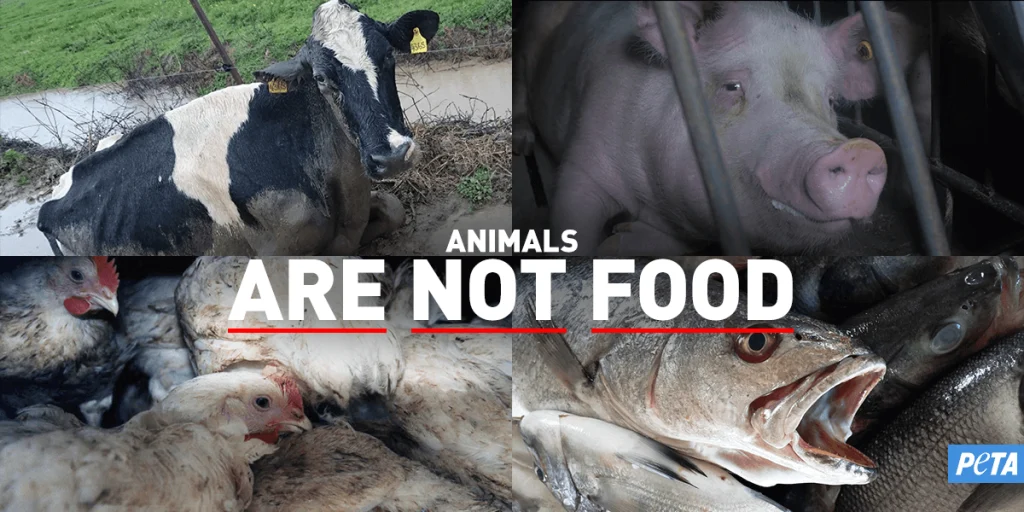In this eye-opening journey, we will venture behind closed doors, exploring the confined and inhumane conditions in which animals are forced to live. From the moment they are born until their untimely slaughter, we will shed light on the dark truths plaguing factory farms.
The Hidden World: Behind Closed Doors
Factory farms, also known as concentrated animal feeding operations (CAFOs), have become an integral part of modern agricultural practices. These facilities mass-produce animals for food, aiming to maximize efficiency and profit. However, the cost of such optimization is paid by the innocent lives confined to these facilities.
Behind the walls of these establishments, animals are subjected to unimaginable suffering. Caging and confinement are pervasive, with animals denied even the simplest comfort of sufficient living spaces. The cramped conditions not only hinder their physical movement but also inflict severe psychological distress. Unable to exhibit natural behaviors, these creatures live a life of despair.

From Birth to Slaughter: Life on the Line
In the pursuit of increased production, factory farms often resort to breeding and genetic manipulation. Selective breeding practices have led to significant health issues in animals bred solely for profitability. Diseases, deformities, and genetic disorders commonly afflict these creatures, causing them prolonged suffering.
Abuse and neglect are prevalent realities within factory farms. Handlers subject animals to physical violence, inflicting pain and terror upon their helpless victims. Furthermore, growth hormones and antibiotics are frequently administered to maximize output, further compromising the welfare and health of these animals.

Environmental Impacts: Beyond Animal Suffering
While the cruelty endured by animals within factory farms is heart-wrenching, the environmental impacts extend far beyond their suffering. Pollution and resource depletion are severe consequences of these operations. The excessive waste generated by these facilities contaminates water sources and contributes to the emission of harmful greenhouse gases.
Deforestation and loss of biodiversity are additional concerns stemming from factory farming. As these farms expand, vast tracts of land are cleared, destroying natural habitats and displacing native wildlife. The consequences reverberate throughout ecosystems, causing irreparable harm to the delicate balance of our environment.
















































